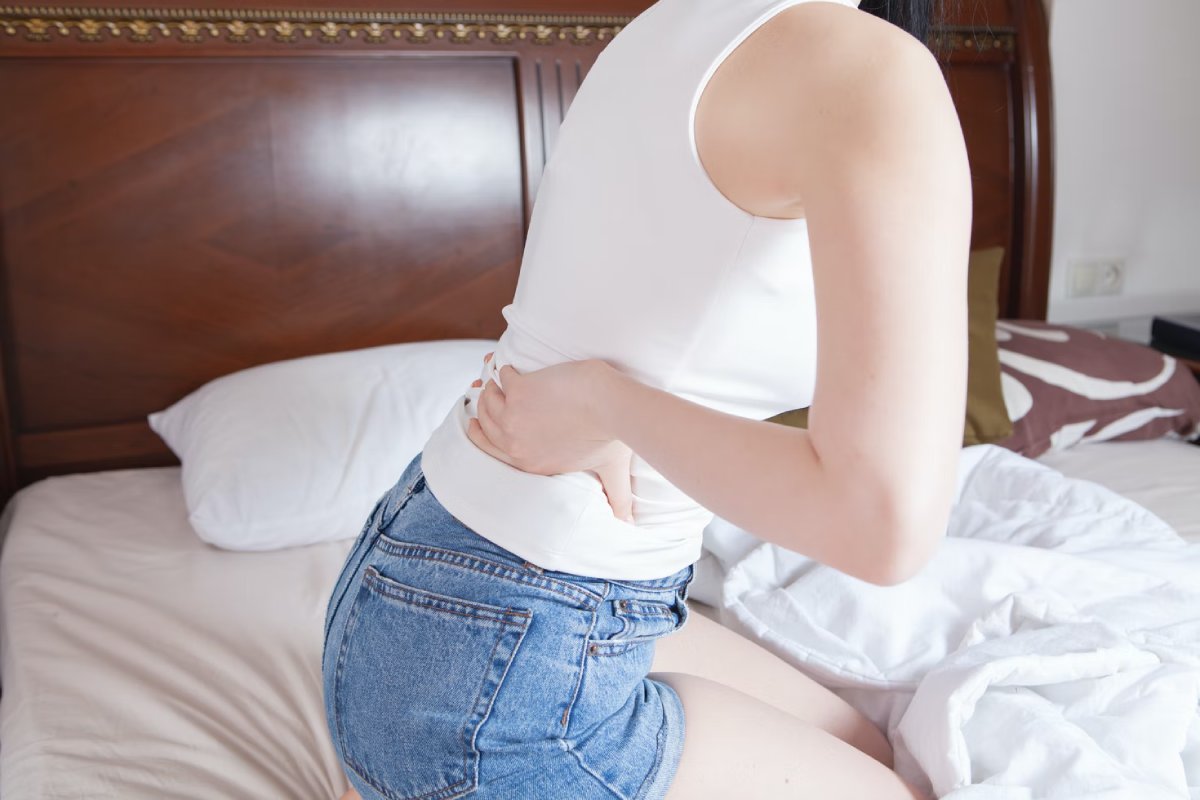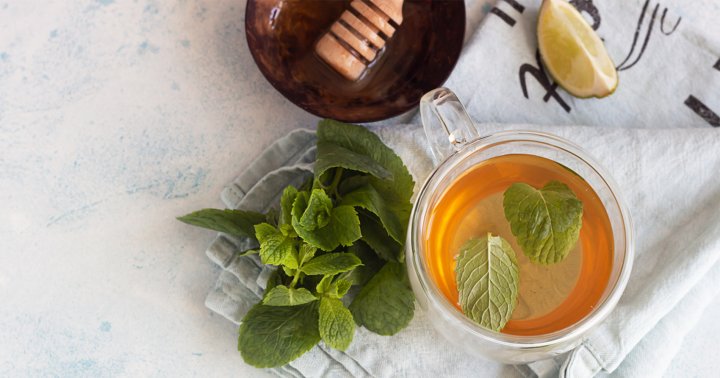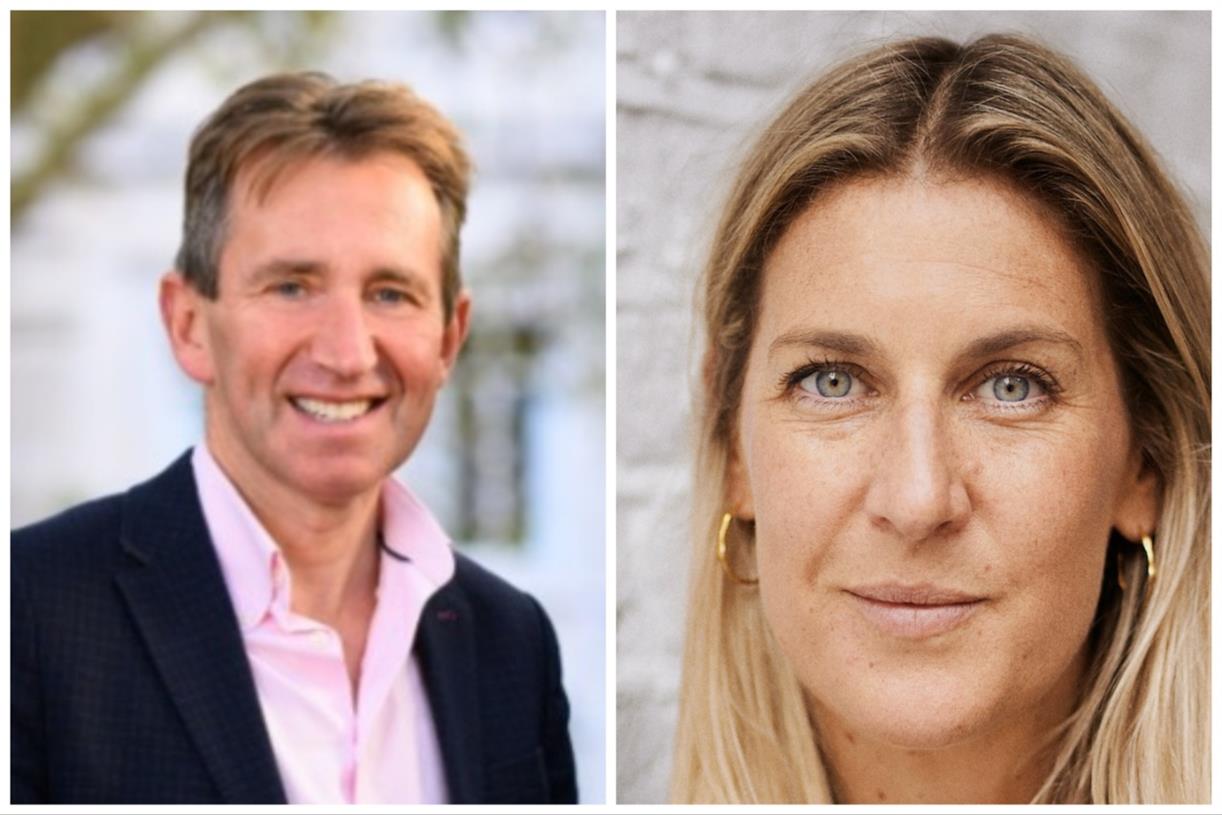I Thought I Had Premature Wrinkles — Here's What Finally Helped
These lines were different, but they were persistent.

Let's face it: We know wrinkles are inevitable at some point, but it can be a bit jarring when you see those first few fine lines stick around—especially if they creep up earlier than you'd like. I'm in my 20s, and I recently noticed a couple of creases settling in, so allow me to spiral for just a moment: Could these be premature wrinkles?
I mean, it is technically possible to see signs of it this early on. And while I have certainly crossed a skin care threshold as I enter my mid-20s—no longer can I enjoy a few cocktails or a late night with friends without waking up to a sallow, swollen appearance—these lines were different. They were faint, sure, but they were persistent.
Fast-forward a few weeks with mindbodygreen's cellular beauty+ supplement—I finished my first bottle, and the etchings faded like a memory.*
The supplement that helped with what I thought were premature wrinkles.
It turns out, my "premature wrinkles" weren't really wrinkles at all. Premature wrinkles are most definitely a thing, brought on by UV exposure, smoking, genetics, and a host of other factors. But if you're in your 20s and even 30s, any fine lines on the forehead, under the eyes, and in the nasolabial folds (you know, those laugh lines) are often the result of skin in need of hydration rather than aging. So rather than attempting to iron out those lines with facial tools or exfoliate them away with an array of peels, perhaps I just needed to focus on moisture. Worth a shot!
Holistic plastic surgeon Anthony Youn, M.D., confirms the concept over on TikTok: He duets a video with beauty influencer (and fellow 20-something) Sarah Palmyra, where she claims she's "aging backward" by focusing on hydration. "Think of your skin like a grape. When it's hydrated, it looks like a ripe grape. When it's dehydrated, it looks like a raisin," says Palmyra, who Youn agrees with.
Now, I wouldn't say my skin was living in raisin territory, but as I mentioned above, I did have a few stubborn lines that just wouldn't let up: Namely, some thin, horizontal etches on my forehead and one random fold on my left cheek (lifelong stomach sleeper over here). By no coincidence, those are the areas where I also face the most dehydration—I have textbook combination skin, which means breakouts are clustered around my chin and nose, while my forehead and cheeks are left Sahara Desert dry.
But the thing is, I do spend ample time hydrating my skin—I could probably drink more water throughout the day, but don't we all have areas for growth in that department? For the most part, though, I do all the right things: I stick to gentle cleansers that don't strip my skin barrier; I apply a hyaluronic acid serum on damp skin; I opt for thicker creams during winter so the arid air doesn't rob my skin of moisture; I eat enough high-fat, water-dense foods to help my complexion thrive. There are myriad ways to hydrate your skin, and I do a pretty solid job ticking each box, if I do say so myself.
Still, those stubborn lines wouldn't budge, so I thought: Huh, maybe my skin is just changing as I grow older. Maybe those late nights, scorching summers, and everyday stressors were starting to take their toll, and I was OK with it (really, I made my peace!). That is, until I finished my first bottle of cellular beauty+. I wasn't necessarily taking the supplement for its wrinkle-reducing benefits—more for the brighter, healthy-looking glow reviewers rave about—but over time, I realized those "premature fine lines" I once fretted over had simply smoothed out.*
I suspect cellular beauty+ gave my skin the final hydration kick it needed to fill and smooth out those creases, as the formula includes multiple cutting-edge botanical bioactives that support the skin's lipid layer and moisture levels internally.* Like phytoceramides, for example, which have been clinically shown to improve said moisture levels: In one study, participants with dry skin who took a phytoceramide-rich wheat extract oil for three months saw up to a 35% improvement in skin hydration; in another, participants saw improved skin hydration after just 15 days.*
Astaxanthin—a free-radical-fighting powerhouse—has also been shown to improve skin hydration, increase elasticity, improve skin texture, and reduce wrinkles in as little as six weeks.* And for that coveted lit-from-within glow I referenced? Ubiquinol CoQ10 promotes skin cell "cleanup" (aka getting rid of debris) and rejuvenation, and polyphenol-laden pomegranate whole fruit extract brightens and provides photoprotection.*
After doing everything you can to focus on moisture externally, sometimes that internal support is the missing piece you need for a supple and smooth complexion. That was certainly the case for me—my hydrating serums and butter-thick creams remain integral parts of my skin care routine, but cellular beauty+ is what really helped me cross the finish line.
I'm in my 20s, and I take a healthy aging supplement. The perks of doing so could live in its own 1,000-word article, but for now, I'll say that cellular beauty+ helps give my skin the extra hydration it needs by internally filling in microcracks even a star hyaluronic acid serum can't quite reach.* As a result, the lines I thought were wrinkles (but were really signs of thirsty skin) have yet to return. Until it's truly their time to arrive, anyway.
If you are pregnant, breastfeeding, or taking medications, consult with your doctor before starting a supplement routine. It is always optimal to consult with a health care provider when considering what supplements are right for you.

 FrankLin
FrankLin 








![Trading Journal: 5 Most Efficient Ones Analyzed [2021]](https://www.dumblittleman.com/wp-content/uploads/2021/10/Best-Investment-Newsletter-8.png)






















